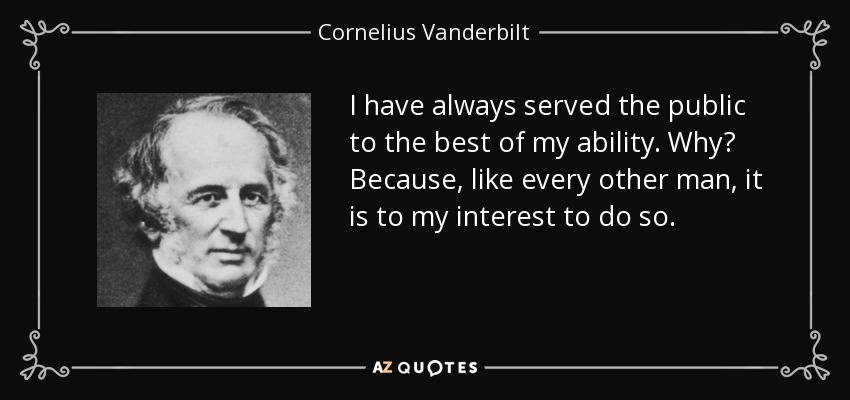

Preference for colors may be one of the earliest likes we verbalize, however, it may be the association of colors that feed our preferences rather than the color itself. Vanderbilt explores many more of the components that make up liking and reveals that we often fool ourselves into believing that we have total control over what we like and that we are not influenced by outside sources. Effort justification is one component of liking, it occurs when the more effort we put into something is indicative of liking that experience more.

For example, once we have paid $200 for concert tickets, we are more likely to report liking that concert than if we saw the same concert for free. We tend to believe that our preference leads us to a choice, but Vanderbilt sites economists who argue that this can also work in reverse and that our choices can lead to preferences. Tom Vanderbilt explores why we like what we like. This seems fairly straight forward, we have an experience, we determine how we feel about that experience and then assess that experience. You may also like: Taste in an age of endless choice. New York, NY: Vintage Books. If you’ve ever wondered how Netflix recommends movies or why books often see a sudden decline in Amazon ratings after they win a major prize, Tom Vanderbilt has answers to these questions and many more that you’ve probably never thought to ask. You May Also Like: Taste in an Age of Endless Choice With a voracious curiosity, Vanderbilt stalks the elusive beast of taste, probing research in psychology, marketing, and neuroscience to answer myriad complex and fascinating questions. Our preferences and opinions are constantly being shaped by countless forces – especially in the digital age with its nonstop procession of “thumbs up” and “likes” and “stars.” Tom Vanderbilt, bestselling author of Traffic, explains why we like the things we like, why we hate the things we hate, and what all this tell us about ourselves. Why do we get so embarrassed when a colleague wears the same shirt? Why do we eat the same thing for breakfast every day, but seek out novelty at lunch and dinner? How has streaming changed the way Netflix makes recommendations? Why do people think the music of their youth is the best? How can you spot a fake review on Yelp?


 0 kommentar(er)
0 kommentar(er)
